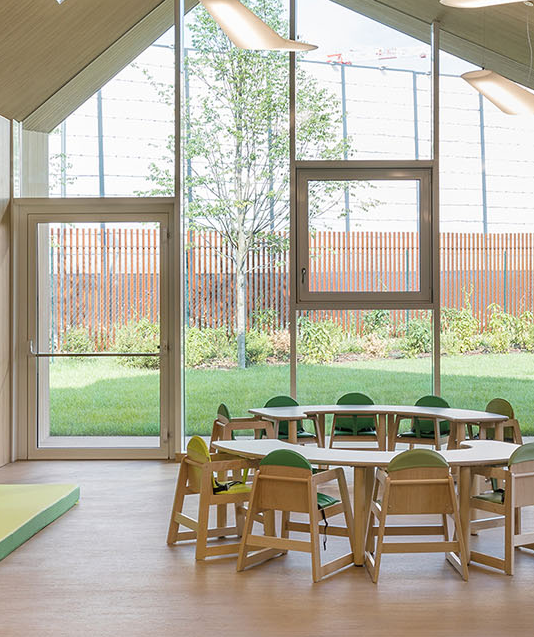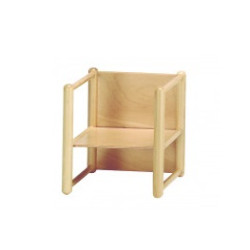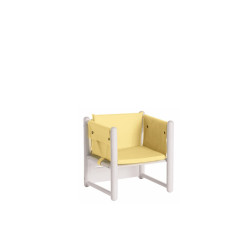Free shipping on orders over €49
Montessori Furniture and Furnishings: Creating an Optimal Educational Environment
When it comes to education, the physical environment plays a crucial role in shaping the learning experience. The concept of Arredo e Mobili Montessori, an Italian approach to classroom design and furniture, has been gaining popularity worldwide for its ability to create enriching learning spaces. In this comprehensive guide, we'll delve into the world of Arredo e Mobili Montessori, exploring its benefits, principles, and practical implementation.
The Foundations of Montessori Furniture and Fixtures
Montessori Furniture is built upon the principles of Maria Montessori, an Italian physician and educator. Its core philosophy is to create an environment that nurtures a child's natural curiosity, independence, and love for learning. To achieve this, specific principles are applied in designing classroom spaces and selecting furniture.
Benefits of Arredo e Mobili Montessori
The benefits of Arredo e Mobili Montessori are numerous. These learning environments encourage self-directed learning, promote creativity, and foster a sense of order and responsibility. Children in such settings tend to develop a deep sense of respect for their surroundings and for one another.
Key Elements of Montessori Furniture and Fixtures
- Child-Centered Furniture: In a Montessori classroom, furniture is designed with the child in mind. Child-sized chairs and tables enable students to work comfortably and independently.
- Open and Inviting Spaces: Arredo e Mobili Montessori emphasizes open, uncluttered spaces that allow children to move freely and choose their activities. These spaces are well-lit and inviting.
- Natural Materials: Furniture and materials in Montessori classrooms are often made from natural, eco-friendly materials. This not only promotes sustainability but also connects children to the natural world.
- Accessibility: Accessibility is a key aspect of Montessori furniture. It's essential that children can access materials and tools without assistance, fostering their independence.
- Order and Organization: The Montessori approach promotes order and organization, with designated spaces for each type of activity. This structure helps children develop a sense of responsibility and respect for their environment.
Implementing Montessori Furniture and Fixtures
The successful implementation of Montessori Furniture and Fixtures requires careful planning and attention to detail. Educators and parents can start by creating a dedicated learning space at home or collaborating with schools that embrace the Montessori philosophy. It's essential to choose the right furniture, materials, and ensure the environment aligns with Montessori principles.




